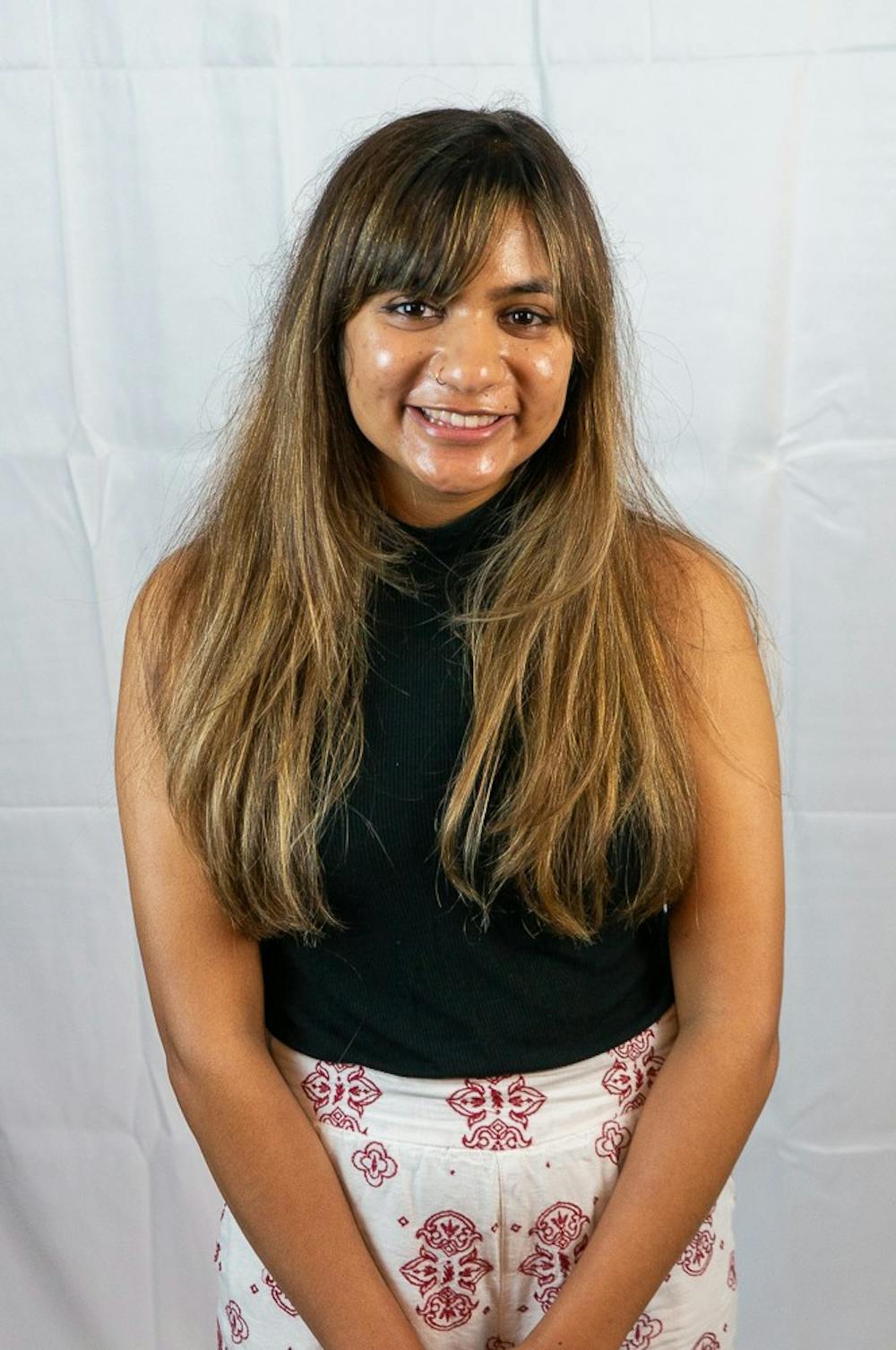Six months ago, I walked into the DTH office intending to resign.
I felt overworked and underappreciated, and my mentor, one of the few to understand how it felt to be a brown woman in the office, graduated.
It was Marco, then-editor-in-chief, who convinced me to stay.
The winning line? He said we should have a diversity, equity and inclusion officer. A few months later, Brittany McGee and I accepted the role.
I’ve been up late contemplating how two people could reform a 127-year-old newsroom culture. There are so many people the DTH has hurt, inside our newsroom and out.
There are journalists who believe simply having the role of a DEI officer will solve all of our problems. But those who know, know — no one has to say you don’t belong for you to feel it.
Two BIPOC journalists are not going to singlehandedly fix our newsroom. We expect the entire staff to take on the labor and responsibility for reporting with care, and this year’s leadership is more than willing. But we can lead the way to set a foundation that will only grow stronger once we graduate, starting with Elevate.
For too long, journalists from marginalized communities have been discouraged from covering their own cultures due to archaic objectivity rules. But I believe a reporter’s identity only adds to the story. That’s what Elevate celebrates.
I’m proud of the journalism the DTH has produced. We sued the University into releasing sexual assault sanctions (just 15 since 2007, by the way). We’ve held the University accountable for shady Silent Sam dealings, buildings named after white supremacists, COVID-19 failings.



